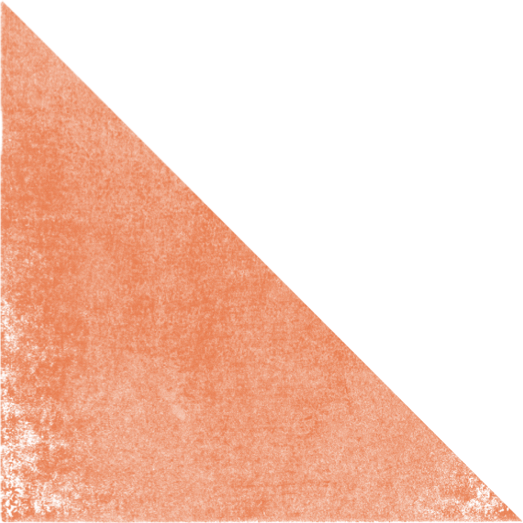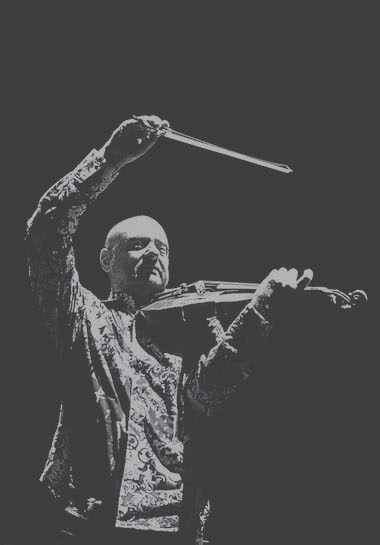



Barry Guy

Program Notes
what is the word (2019)
Barry Guy
(b. 1947)
Composed for
50 For The Future:
The Kronos Learning
Repertoire
Artist Statement
“It was the great Irish actor Barry McGovern that illuminated the elegiac meditational quality and pathos of Samuel Beckett’s last poem “what is the word.” His delivery of the text grabbed my attention whilst I was pondering over a structure for the quartet, and inspired me to consider the architecture based on the internal and mostly hidden rhythm of Beckett’s words.
“Following extensive analysis of the poem, a kind of exoskeleton within which the composition could be formulated came into view.
“Quietness, introspection, an implied questioning (although the question mark is never used in the text), and perhaps a yearning for an unfulfilled sense of place were the apparent qualities of the poem. But I sensed an interior turmoil too—a liminal space suggesting a void, an uncertainty constantly tested by reasoning. Indeed, the quartet music has turmoil, but is always arrested by modified references to fragments from “O Lord my God,” a verse anthem by the English composer Pelham Humfrey (1647–74). Henry Purcell was (briefly) one of his pupils. These fragments offer calm moments where the focus is at the threshold/boundary between thoughts.
“David Harrington (Kronos Quartet violinist, founder, and artistic director) suggested I might wish to reference Henry Purcell in the piece. Humfrey however, was already on my radar, so to honour David’s suggestion, the first ten seconds of the piece utilise repetitions of a single distorted pitch which was used near the conclusion of my composition “Buzz” for Viol consort which reflected Purcell’s “Fantasia Upon One Note.” This articulation was in turn an homage to Charles Mingus, my bassist hero in my youth and to this day.
“Mingus was the first bassist I heard making a buzzing sound by pulling a string off to the side of the fingerboard whilst plucking with the right hand. A very evocative sonority.
“A further manifestation in the score consists of glissandi passages that are through-composed, but additionally, are graphically represented to offer the players a chance to exercise their improvisational skills in a more spontaneous scenario. Risky territory, but exciting!
“The work of Samuel Beckett has been a constant companion throughout my life, and this string quartet—an act without (obvious) words—represents another part of the journey where I have been irresistibly drawn into his beautiful, strange world observing the human condition. This short composition, I hope, will take the quartet and listener on an equally fascinating journey."
“To the memory of my twin sister, Gill, a true humanitarian.”
With thanks to Edward Beckett and the Samuel Beckett Estate for permission to use “what is the word” as the title for this string quartet.
Composer Interview
Barry Guy, a composer for Kronos' Fifty for the Future, discusses his musical background, his composition process, the piece he wrote for Fifty for the Future, and more.
Artist’s Bio
Barry Guy
United Kingdom
Barry Guy is an innovative bass player and composer whose creative diversity in the fields of jazz improvisation, chamber and orchestral performance and solo recitals is the outcome both of an unusually varied training and a zest for experimentation, underpinned by a dedication to the double bass and the ideal of musical communication.
He is founder and Artistic Director of the London Jazz Composers Orchestra and the BGNO (Barry Guy New Orchestra) for which he has written several extended works. In 2014 he founded the “Blue Shroud Band” to perform his composition “The Blue Shroud” based on Picasso’s painting “Guernica” with texts by the Irish poet Kerry Hardie.
His concert works for chamber orchestras, chamber groups and soloists have been widely performed and his skilful and inventive writing has resulted in an exceptional series of compositions.
Barry Guy continues to give solo recitals throughout Europe as well as continuing associations with colleagues involved in improvised, baroque and contemporary music.
His current regular ensembles are the Homburger/Guy duo, the Parker/Guy/Lytton trio, TARFALA (with Mats Gustafsson and Raymond Strid), two new trios: BEYOND with Jürg Wickihalder (sax) and Lucas Niggli, (perc.) and “FREE RADICALS” with Peter Evans (tpt) and Agusti Fernandez (piano) as well as various piano trios: AURORA (with Agusti Fernandez and Ramon Lopez) HEXEN (with Paul Plimley and Lucas Niggli) and the longstanding trio with Marilyn Crispell and Paul Lytton.
Support Kronos’ 50 for the Future
Help support Kronos’ 50 for the Future as we commission fifty new works designed expressly for the training of students and emerging professionals.
Barry Guy's piece has many different musical styles colliding into each other—scratchy dissonance bumping into gorgeous early music sound world. There's no time to think about what's going to happen next, it just happens. And because of this, it's very challenging. You have to fall right into it."



